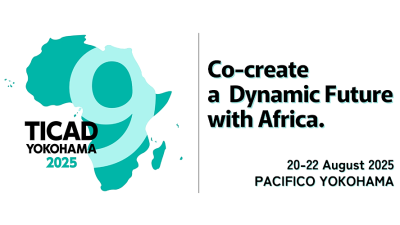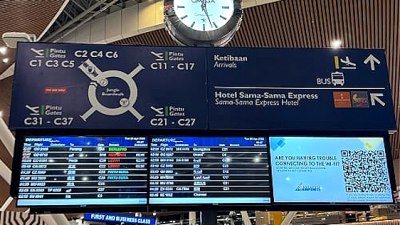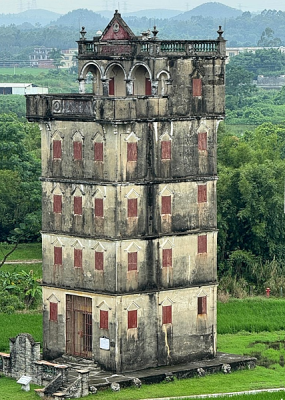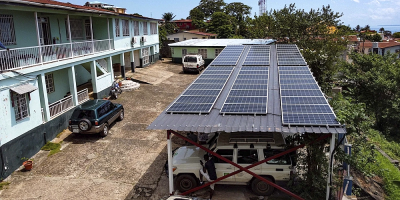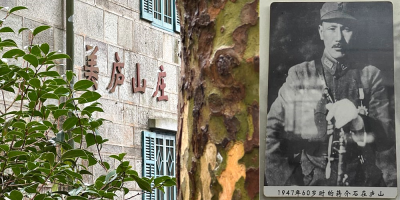Before we set off to Uganda and Rwanda to see the apes, people consistently warned me: Africa is so dirty, messy, underdeveloped and dangerous. Why are you taking the risk?
There are 48 countries in the African continent, plus six island states. With the exception of probably South Africa, Kenya and Morocco, the rest of the continent has invariably been viewed in the same negative stereotype: vast expanse of land mass but deeply impoverished, infested with pirates, kidnappers, drugs, infectious diseases, racial hatred, violence and civil wars!
While such allegations might not be totally baseless, is it really so in real life?
Some might have overlooked the reality that the Great Pyramids of Giza, the majestic River Nile, the astounding Moroccan towns painted in blue, the jaw-dropping Great Migration of East Africa, the Sahara Desert, the 5,895-metre Mount Kilimanjaro, and the Cape of Good Hope at the southern tip of the continent—places that they have visited and are tremendously impressed—are all in Africa!
Did you feel unsafe or threatened when you were last there?
I personally feel that Africans are particularly friendly people. When our 4WDs passed through the streets of Uganda’s towns and villages, almost the entire country’s 48 million population, men or women, old or young, would wave at us spontaneously, grinning and showing off their unparalleled smiles.
As a matter of fact, their smiles are absolutely genuine, even if they might not have shoes to put on, or are dressed in rags—so unpretentious and natural!
No one can deny that much of western Africa is still in a state of near anarchy, especially with its tremendous wealth in mineral resources making it susceptible to political and economic disarray and the consequent social unrest and destitution.
That said, it takes many more years of efforts to reverse the current situation, and this has to start with fending off the region from the invasion of Western hegemony so they don’t get to install pro-Western puppet regimes that exploit the local mining rights, hence spawning social frustration and triggering inter-community tensions.
The thing is, will we get to see an African ready to shoulder the momentous mission of bettering the livelihoods of the people? I guess many still miss a great leader in the likes of South Africa’s Nelson Mandela!
As a matter of fact, the current president of Rwanda, Paul Kagame, is actually a very smart leader who has substantially transformed the country’s economy and social landscape. And I have faith that the other leaders on the continent will try to catch up, too.
In fact, the United Nations has come to see the criticality of the problems in Africa: overpopulation owing to high birth rates, severe water shortage, food supply imbalance, inadequate medical services, and widening wealth disparity, among many others.
All this could be blamed on severe corruption in some governments. But fortunately, the UN has taken the lead in expediting the improvement and reformation of Africa’s politico-economic environment.
Prior to that, large quantities of Covid-19 vaccines have been promptly shipped to nations across Africa, successfully curtailing the spread of this lethal virus on the continent. This gives the UN boosted confidence to more smoothly promote local humanistic development, followed by developments in local infrastructure, education, healthcare, women rights, children’s nutrition, etc.
Of course, all this will only be possible with significant improvements in the economy and meeting the people’s basic day-to-day needs.
In view of this, the UN is resolved to unite the continent’s 1.45 billion people from hundreds of ethnicities, speaking thousands of languages and dialects, and from diverse religious and cultural backgrounds—into an economic union not unlike the EU or ASEAN, by 2030.
As a matter of fact, the UN’s biggest hope is for African nations to achieve full sovereignty, development sustainability, and lasting peace by 2050.
To do this, these countries have to focus on the economic, social and environmental aspects to promote greater peace, security and human rights advancement, delivering the people out of pre-war colonial stereotypes.
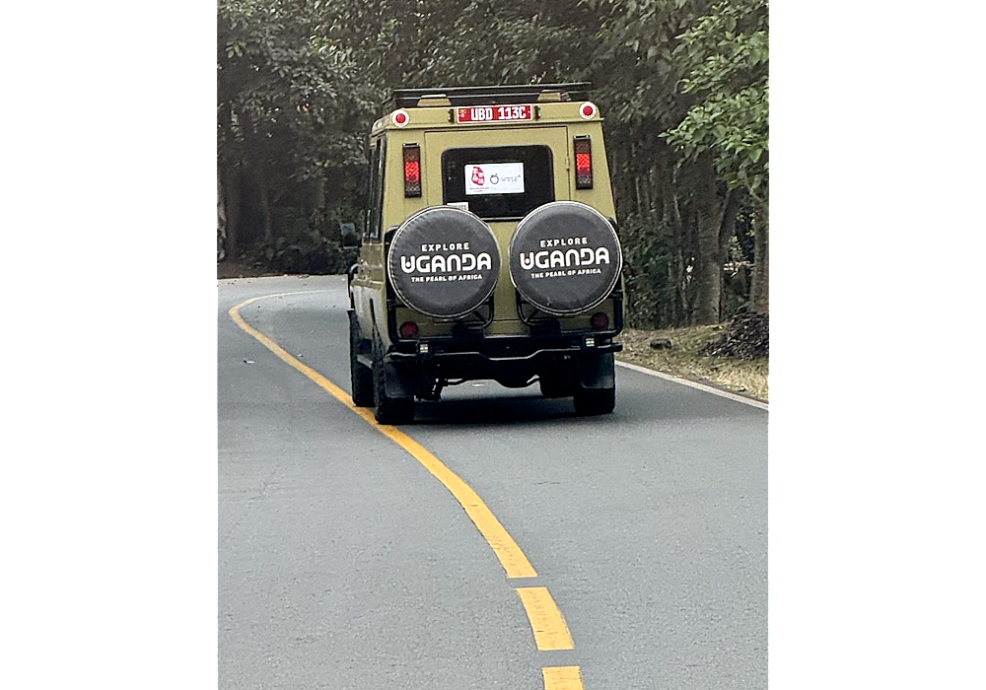
It’s wrong to assume that the 30.37 million square kilometre Africa is wholly undeveloped, as this cannot reflect the actual situation of the entire continent today!
As a major land mass lagging far behind in development among the seven continents of this world, Africa, in particular some eastern African nations, have in recent years experienced marked transformation.
From South Africa along the east coast of the continent to Kenya and all the way north to Egypt, Algeria, Tunisia and Nigeria…These countries are experiencing relative political and economic stability, with thriving cities and towns boasting high-quality roads and bridges, making previously segregated village-to-village or people-to-people communication much easier today!
As if that’s not enough, Internet coverage and mobile phone penetration have been utterly encouraging! This is what people seldom travelling out of their own homes can really understand!
Having travelled to Africa for some years now, I’ve come to realise that the asphalt roads in Uganda are never as ugly as the potholed roads in our Kuala Lumpur!
Not only that, the Africans also take a lot of pride in the fact that their continent was where the human species originated!
In the Ethiopian capital of Addis Ababa, I got to see the fossil of 15-year-old girl Lucy, humans’ earliest ancestor from 3.2 million years ago, at the National Museum.
Subsequently, we visited the chimpanzees on the brink of extinction in Uganda, as well as the gorillas in neighbouring Rwanda. These are all humans’ closest cousins!
Along the East African rift valley, we witnessed countless wildebeests, zebras and antelopes crossing the river during their annual great migration on the Serengeti grasslands.
Moreover, the origins of coffee which modern-day humans crave, could be traced back to a “mother tree” at a place called “Kaffa” right here in Ethiopia!
You are right! Coffee came from Africa, just as our oil palm came from the rainforests of western Africa!
Notably, Africa is lucky to have the strong support of China in its development. Much of the continent’s infrastructure, including strategic ports, airports, passenger and freight railways, hydropower generation, mechanised farming, major industrial production, water supply, etc. have been constructed by or made in China!
You might ask what has this got to do with ordinary tourists like us? Of course it has! A rapidly changing Africa with its breathtaking beauty is beckoning, awaiting your in-depth exploration! Let’s go!
(Lee San is Founder and Group Executive Chairman of Apple Vacations. He has travelled to 132 countries, six continents, and enjoys sharing his travel stories and insights. He has also authored five books.)
ADVERTISEMENT
ADVERTISEMENT






